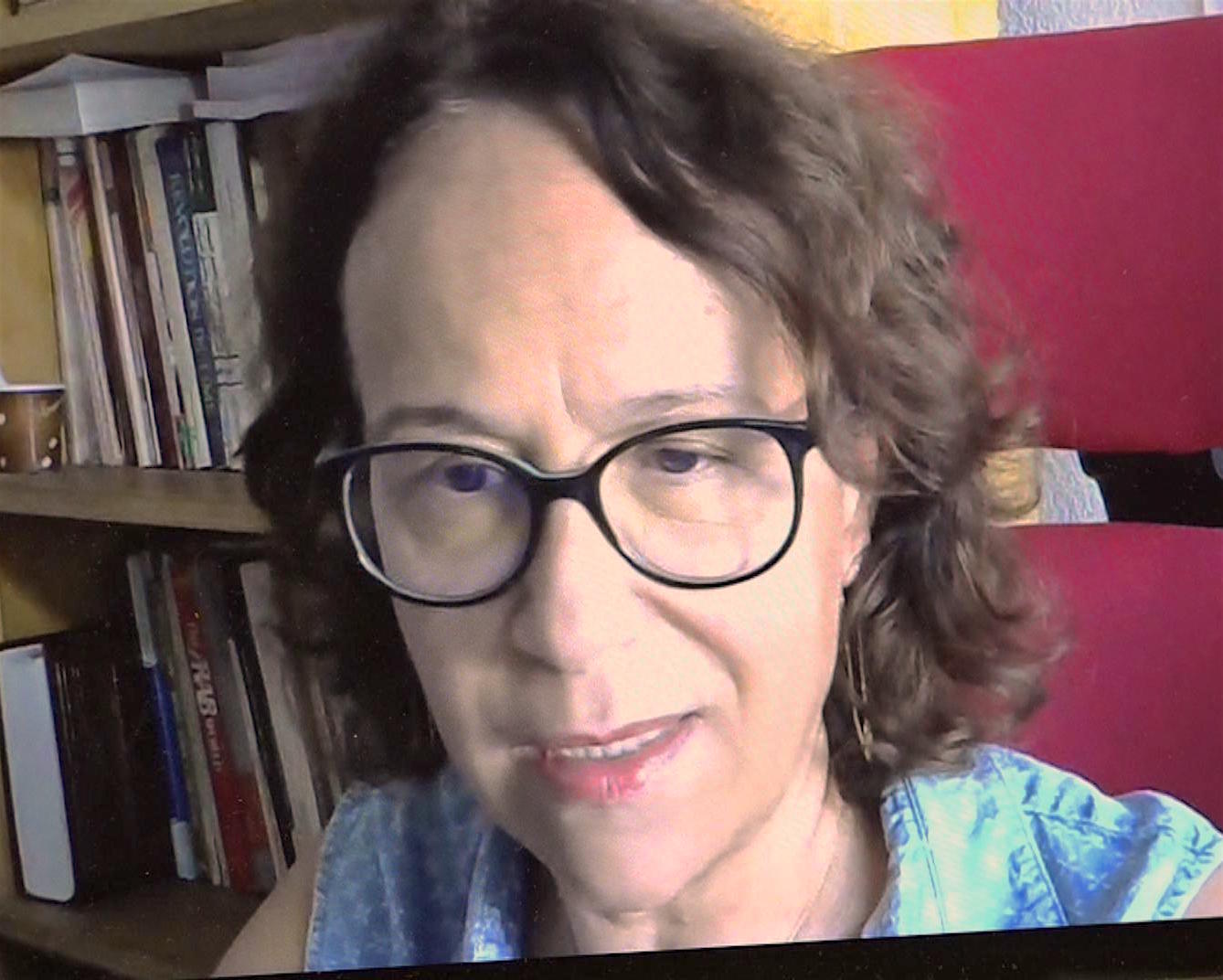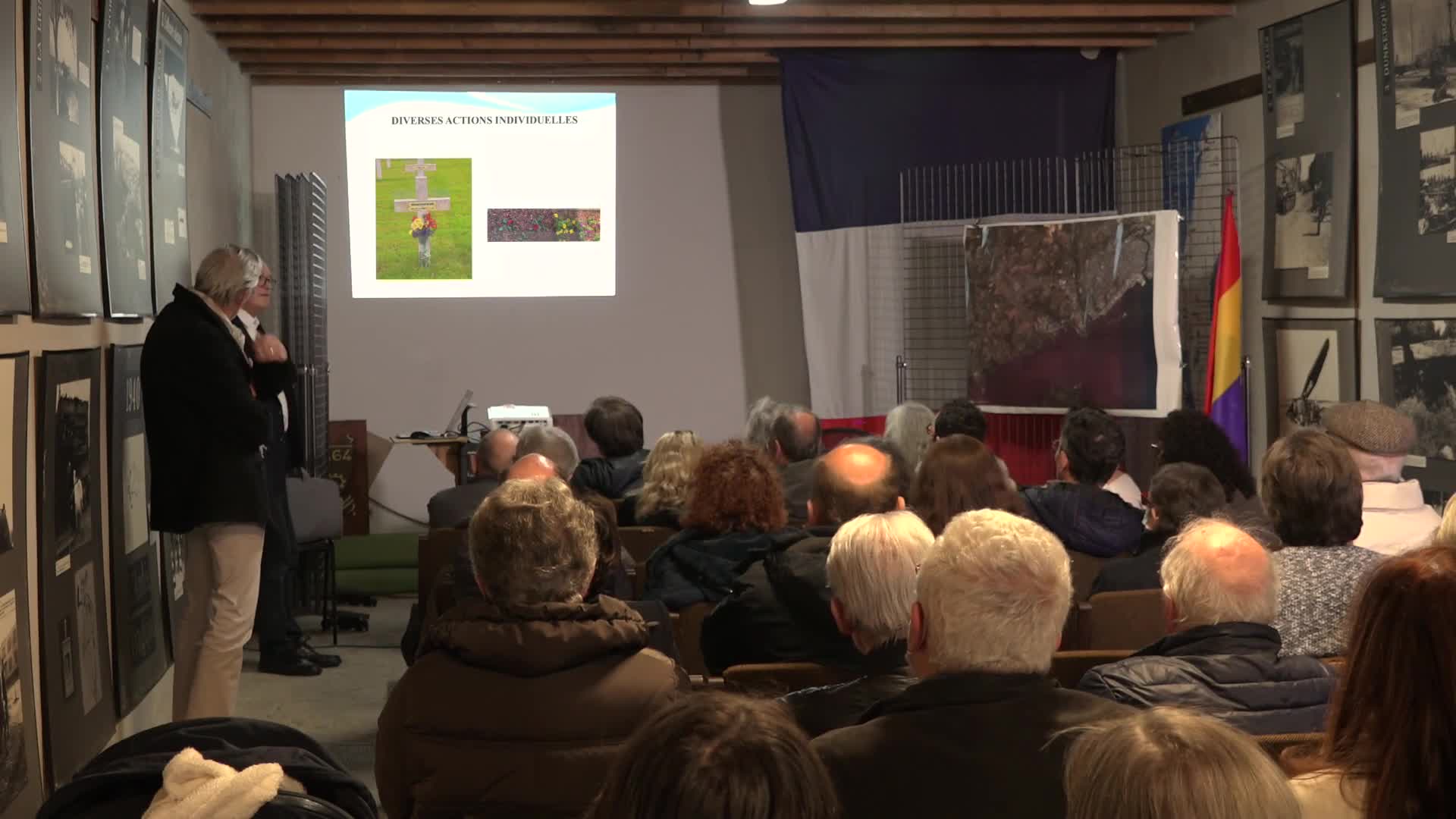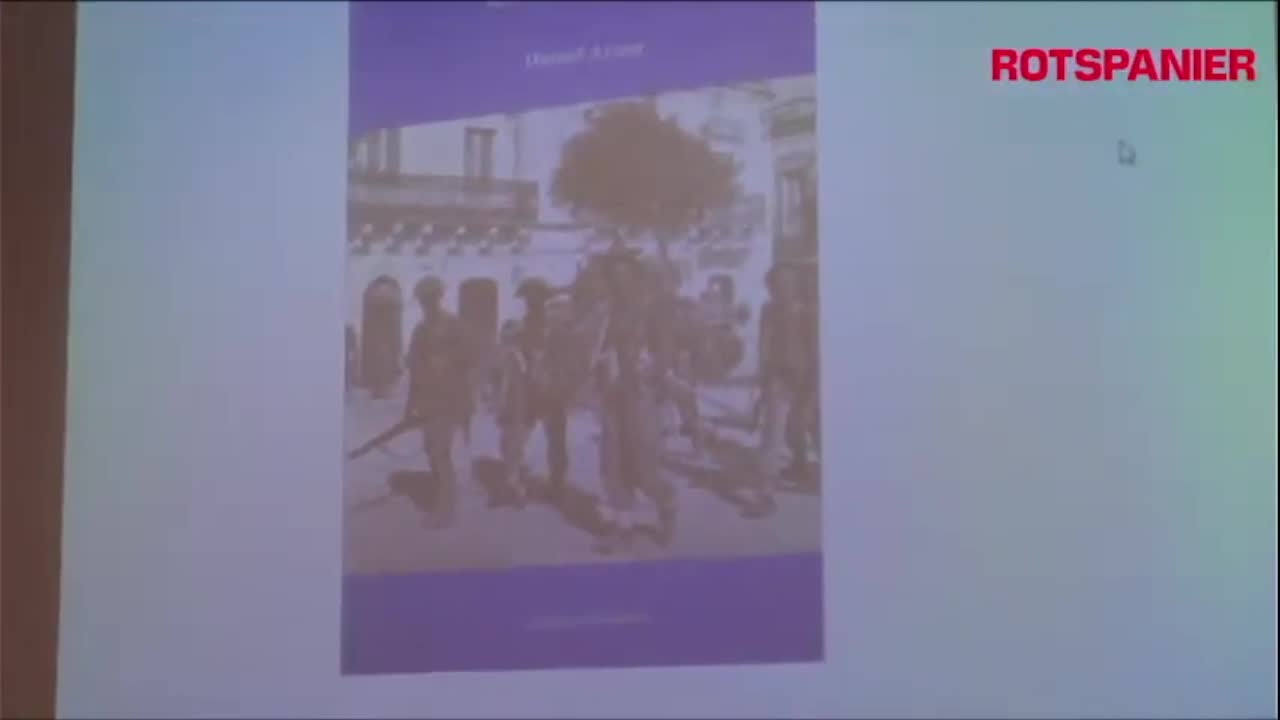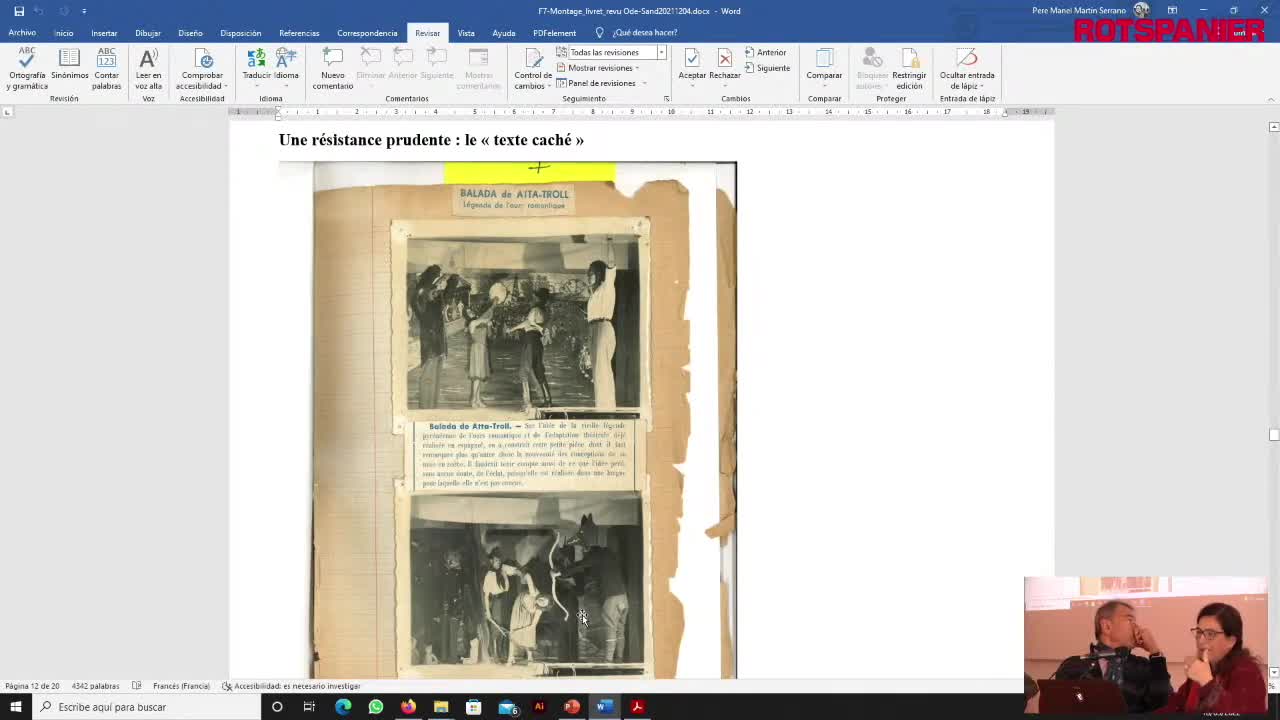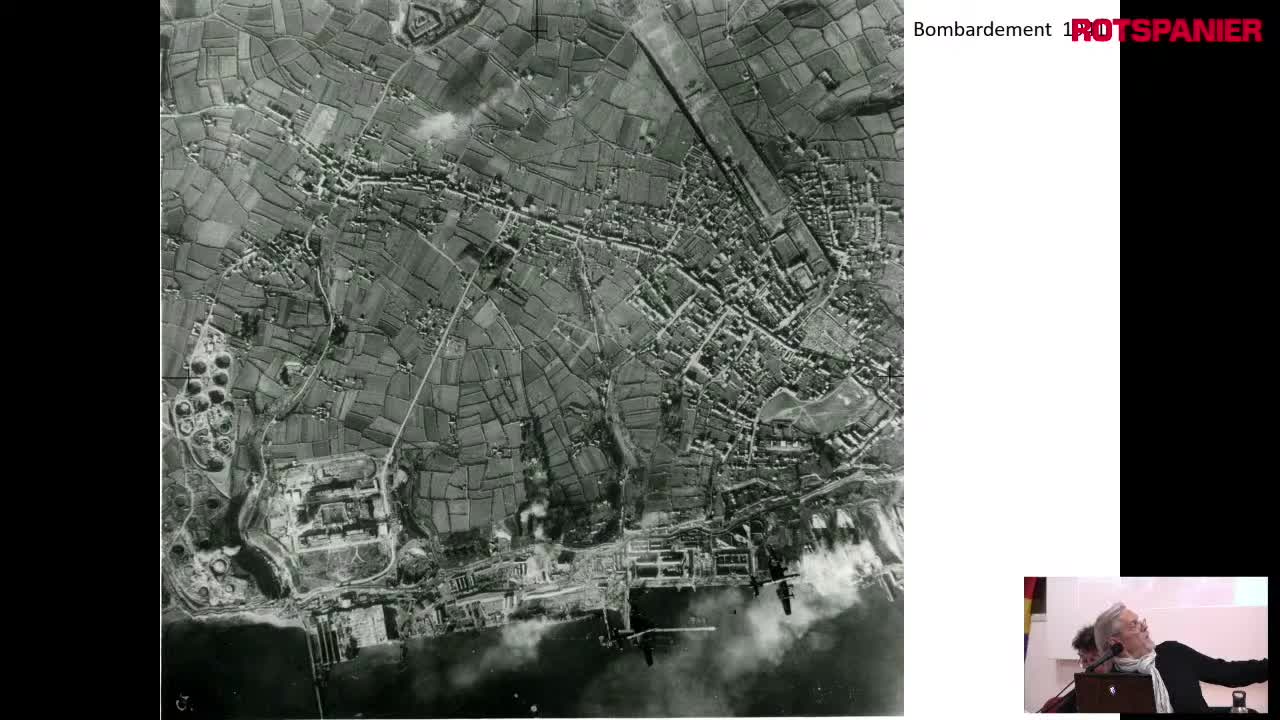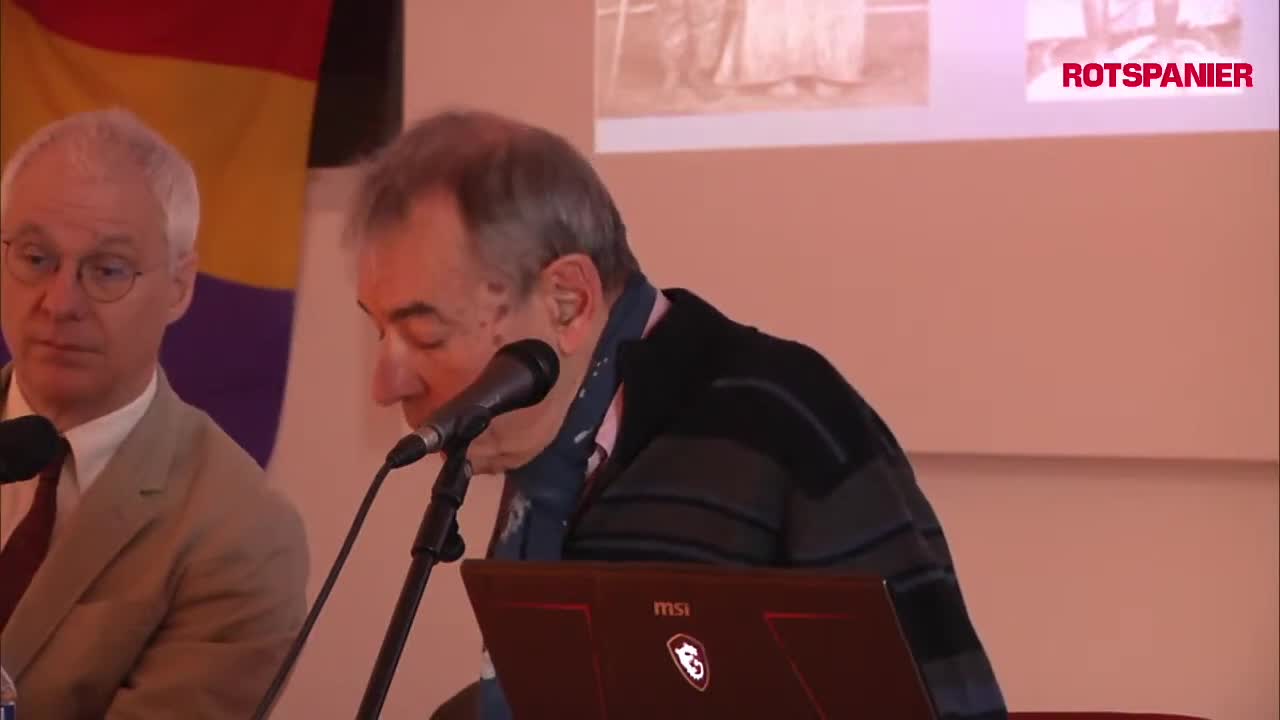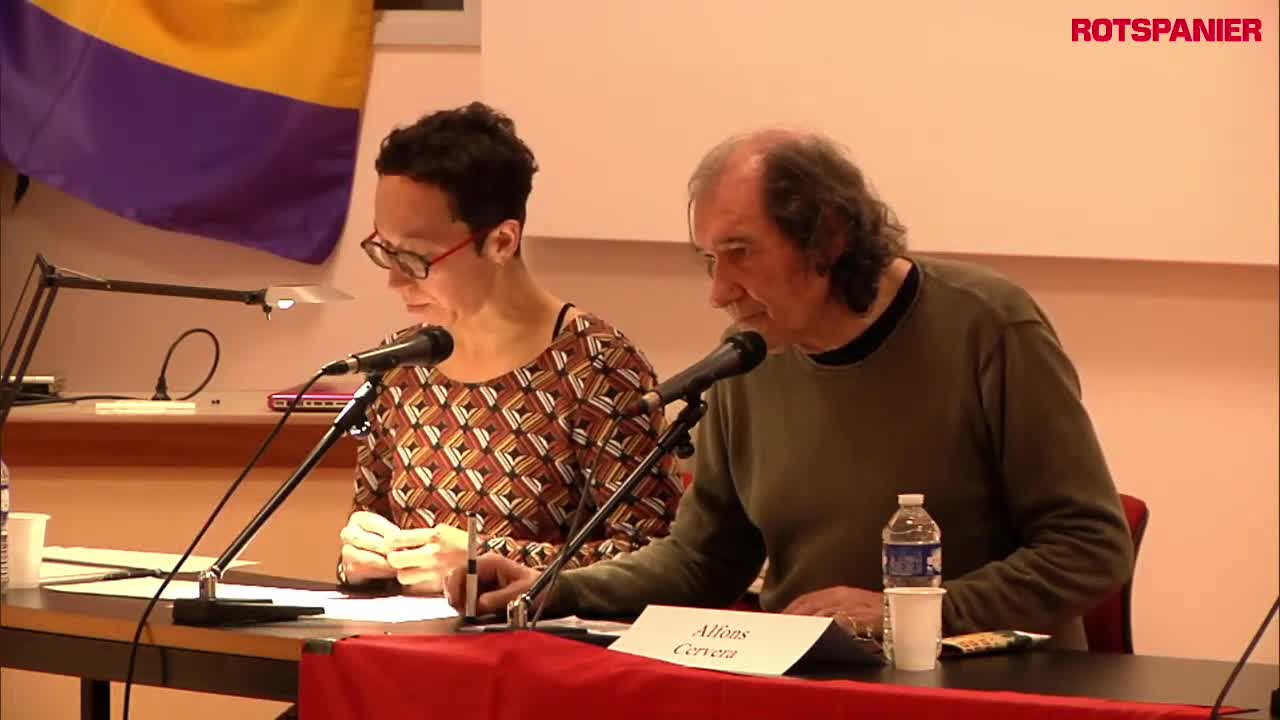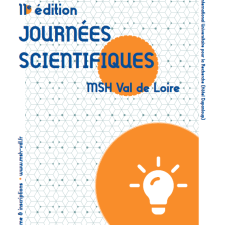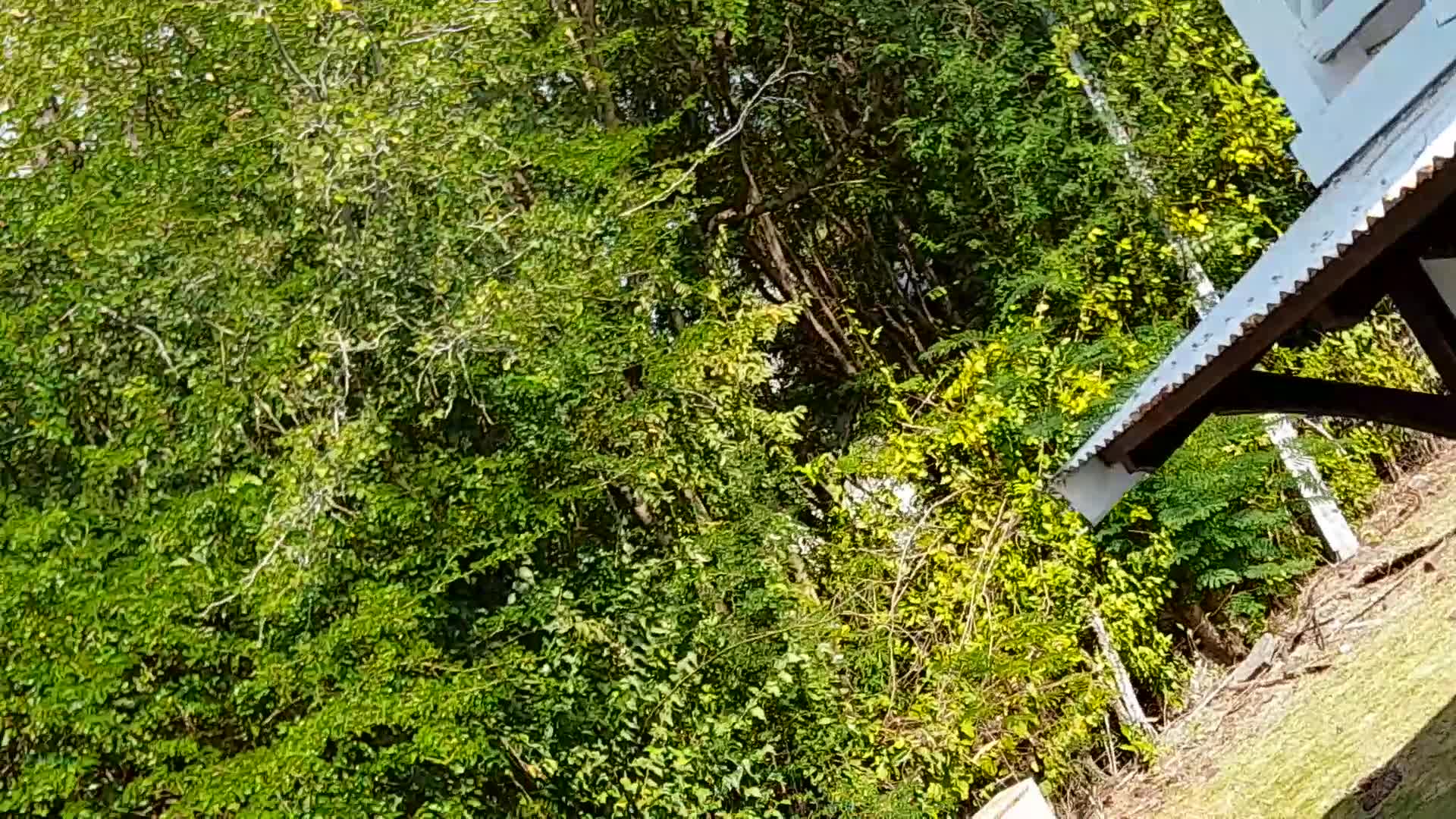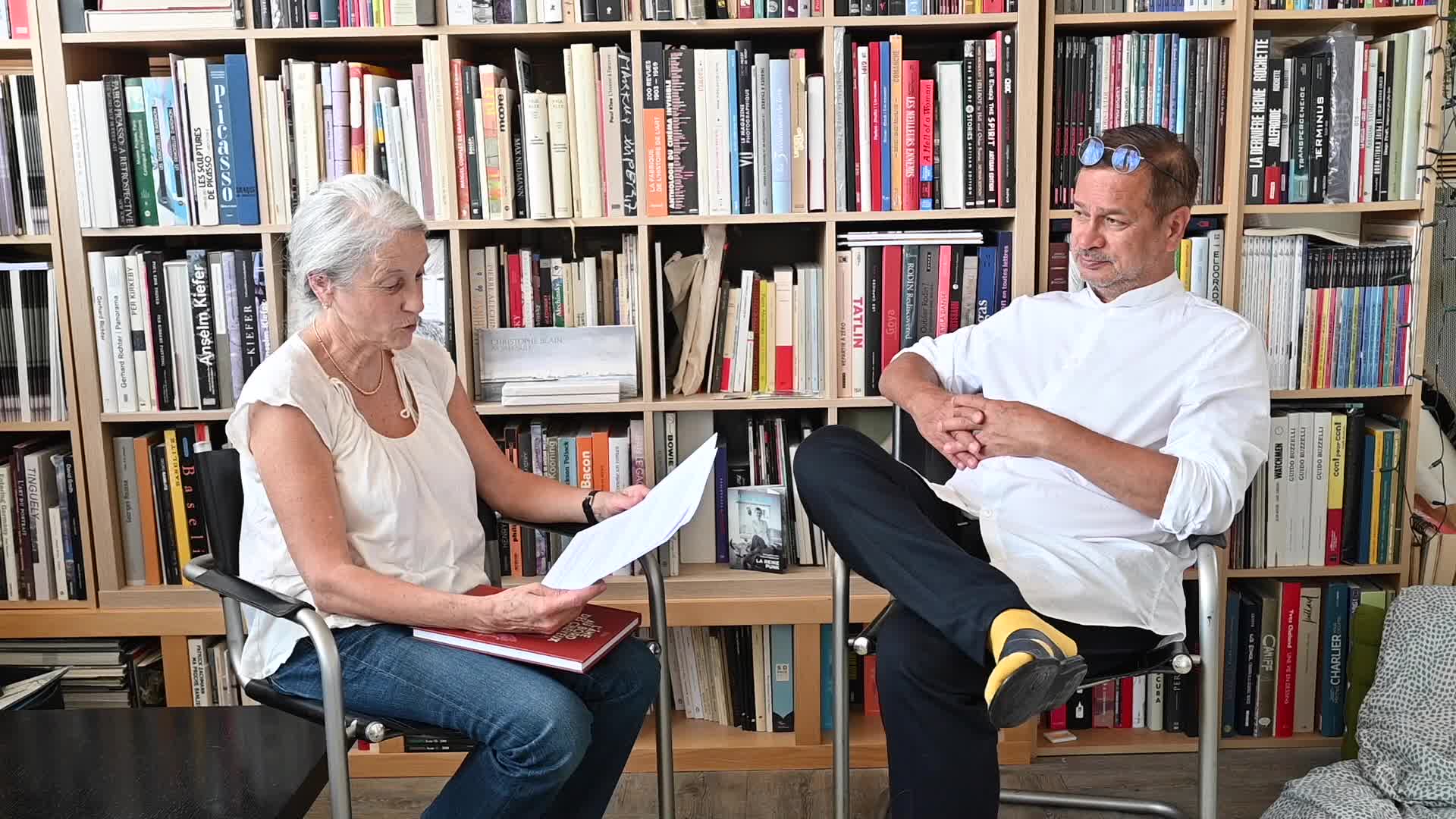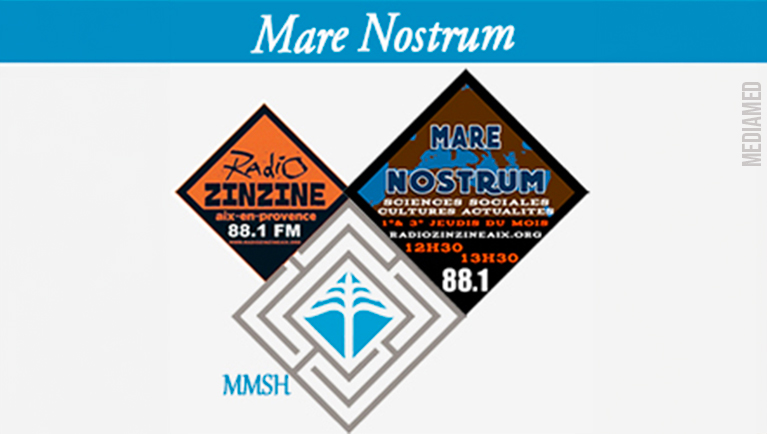Notice
Bruxelles
Space, Place and Dreams in Memories and Narratives of Urban Activists in Beirut.
- document 1 document 2 document 3
- niveau 1 niveau 2 niveau 3
Descriptif
In this paper, I explore the agency of urban activists within memorialisation processes and urban changes in Beirut. I look at how, by contesting and reclaiming space and place, urban activists complexify and challenge the ways in which place, history, memory and temporality have been conceptualised in Lebanon.
The case of Lebanon and Beirut in particular have been theorised and written about in relation to being a case of urban and social segregation along the lines of religious identity. On the other hand, the recent scholarship focusing on memory and history in Lebanon has been centred on the relationship to and consequences of the ‘civil war’ (1975-1990) – Beirut being conceptualised as a ‘post-war city’ or ‘violently divided city’. However, by looking at time and using time as a theoretical lens to look at urban changes, we can see how people are working with time and space together, to create alternatives that go beyond these conceptualisations of both Lebanon and the Lebanese society.
Based on interviews, observations and empirical material collected during my fieldwork in Beirut, this paper suggests that the dreams and hopes present in urban activists’ narratives bring about new ways of thinking about the presence of ‘the past’ in the present and the future. In a complex physical and political environment, Beiruti urban activists’ desire for a form of better urban life creates precarious and fragile changes. I will explore several examples of urban activism in Beirut and show how these create an alternative sense of place and time that is non-linear. These will show how the narratives of urban segregation and ‘post-war’ city are being challenged by everyday practices on the ground and how these, in turn, shape identity.
Panel 2: Au-delà des mémoires institutionnalisées:émotions, acteurs et changements incertains au quotidien.
Discutant : Marlene Schäfers (Ghent University, Ghent)
Dans la même collection
-
‘J’étais si jeune’: émotions, récits et mémoires intimes de la révolution tunisienne (2010-2011).
Huit ans après la révolution du 14 janvier 2011, les jeunes tunisiens retournent avec leur mémoire sur les événements révolutionnaires qui, à partir du 17 décembre 2010, ont affecté leur vie, leur
-
La place de l’ ‘archive orale’ dans l’histoire et la mémoire palestinienne.
SfeirJihaneL'histoire de la Palestine moderne s'inscrit dans le cadre d'une temporalité longue et d'un espace unifié : le Moyen-Orient arabe, gouverné par les Ottomans, puis sous domination britannique. Mais cet
-
New-Left Mobility, Southern Agency, and North-African Immigration: Blind Spots in the Memory of Pro…
NieuwenhuysJohnOnly recently has the historiography of the post-May 1968 years started to break free from their former protagonists' influence, especially those who remained in the spotlight, most of whom were men.
-
« I am the martyr » : Analysing Egyptian martyrdom through street art and graffiti (2012-2014)
GibrilSuzanFollowing the Egyptian uprisings of 2011, one witnessed a progressive yet steady destruction and closing down of spaces and channels of protest. Activists and social actors having witnessed the
-
Discours de bienvenue
BouffierSophieSfeirJihaneDiscours de bienvenue à la double journée d'études "Mémoire(s) et circulation de la mémoire en Méditerranée". Ces journées d'études veulent donner l'opportunité d'engager des réflexions
-
Enemies of the Revolution: Violence, Fear and Surveillance under ‘al Jamahiriyah’
CapassoMatteoThis paper draws on the collection of oral histories on the everyday lives of Libyans during the Libyan Arab al-Jamahiriyah.
-
Before the 14th. Archives de la Révolution. Une expérience pédagogique
بندانةقمرJe fais partie du comité scientifique et éditorial d’un projet d’archivage de documents numériques de la Révolution tunisienne. Ce projet a démarré en 2015 à l’initiative d’un sociologue de la
-
Concluding Remarks.
ProglioGabrieleRemarques conclusives sur la double journée d'études Mémoir(s) et circulation de la mémoire en Méditerranée.
-
On memory and violence in the Middle East
IsmailSalwaConférence inaugurale de la double journée d'étude "Mémoire(s) et circulation de la mémoire en Méditerranée".
-
Memories of Transnational Activism: Palestinian-Danish Relations in the Radical Left
HaugbolleSuneThis paper explores how we can study the political commitment, ideology and entanglement of differently situated activists during the Third Worldist era through memories of the involved. Its focus is
-
Renouer avec l’histoire et apaiser ses violences. Ce que nous disent les mobilisations citoyennes e…
DirecheKarimaL’Algérie, depuis le 22 février dernier, nous livre une chorégraphie contestataire absolument inédite avec des mobilisations citoyennes gigantesques sur tout le territoire pour réclamer le départ des
Sur le même thème
-
Dix ans de MERE 29 et Hommage aux républicains espagnols
López CabelloIvánSala-PalaJeanIII Colloque international " Républicain.e.s espagnol.e.s exilé.e.s pendant la Seconde Guerre mondiale : travail forcé et résistances. Rotspanier, 80 ans après ". Brest, 17-19 mars 2022. - Dix ans de
-
Mémoire de l’exil des républicain.es espagnol.es dans le littoral atlantique français pendant la…
López CabelloIvánVigourouxHuguesGarciaGabrielleCarrionArmelleLuisGarrido OrozcoFernandezCarlosRuizJoséIII Colloque international "Républicain.e.s espagnol.e.s exilé.e.s pendant la Seconde Guerre mondiale : travail forcé et résistances. Rotspanier, 80 ans après », Brest, 17-19 mars 2022.- Séance :
-
Projets éditoriaux - Républicain.e.s espagnol.e.s exilé.e.s pendant la Seconde Guerre mondiale
López CabelloIvánMartinez-MalerOdetteAdámez CastroGuadalupeNaharro-CalderónJosé MaríaIII Colloque international " Républicain•e•s espagnol•e•s exilé•e•s pendant la Seconde Guerre mondiale : travail forcé et résistances ". Brest, 17-19 mars 2022 - Projets éditoriaux (Brest, 18 mars
-
Rotspanier, 80 ans après (partie 1)
López CabelloIvánVigourouxHuguesAllende Santa CruzClaudineIII Colloque international " Républicain•es espagnol•es exilé•es pendant la Seconde Guerre mondiale : travail forcé et résistances. Rotspanier, 80 ans après ". Brest, 17-19 mars 2022. - Séance :
-
Chronotopes pestiférés ; entre barbelés et exils
López CabelloIvánNaharro-CalderónJosé MaríaIII Colloque international " Républicain•e•s espagnol•e•s exilé•e•s pendant la Seconde Guerre mondiale : travail forcé et résistances ". Brest, 17-19 mars 2022. - Conférence : José María Naharro
-
La caravana de la Memoria et les premiers réseaux associatifs en Bretagne. Une lutte mémorielle com…
López CabelloIvánCerveraAlfonsIII Colloque international « Républicain.e.s espagnol.e.s exilé.e.s pendant la Seconde Guerre mondiale : travail forcé et résistances. Rotspanier, 80 ans après ». Brest, 17-19 mars 2022. - Conférence
-
Bénéfices de l’activité physique et stratégies mnésiques au cours du vieillissement
MoutoussamyIlonaLe projet a donc pour objectif d’expliquer les bénéfices de l’activité physique sur la mémoire au cours du vieillissement par un maintien du fonctionnement exécutif permettant l’utilisation de
-
Discours d'anniversaire en mémoire d'Edouard Glissant
GlissantSylvieDiscours d'anniversaire en mémoire d'Edouard Glissant, à la Pointe Chéry, Diamant, Martinique.
-
Mémoire renversée. Parcours biographique de l'oeuvre de Séra
SéraCet entretien mené par Véronique Donnat explore les questions biographiques qui ont déterminé l’œuvre de Séra, peintre, plasticien, sculpteur et auteur de bandes dessinées.
-
Entretien avec Claudia Feld, chercheuse au CONICET
FeldClaudiaL’émergence ou l’affirmation de lieux emblématiques, sur lesquels reposent souvent les politiques publiques nationales, contribue à la visibilité des questions liées aux passés traumatiques, mais dans
-
Conférence de Claudia Feld chercheuse au CONICET (Argentine)
L’émergence ou l’affirmation de lieux emblématiques, sur lesquels reposent souvent les politiques publiques nationales, contribue à la visibilité des questions liées aux passés traumatiques, mais dans
-
Les fusillés du Pays d’Aix
MencheriniRobertL’historien Robert Mencherini d’Aix-Marseille Université s’est attaché à un travail de mémoire concernant ceux qui ont laissé leur vie à l’occasion de la répression et des combats qui se sont déroulés











